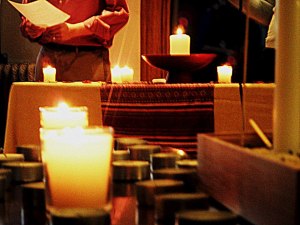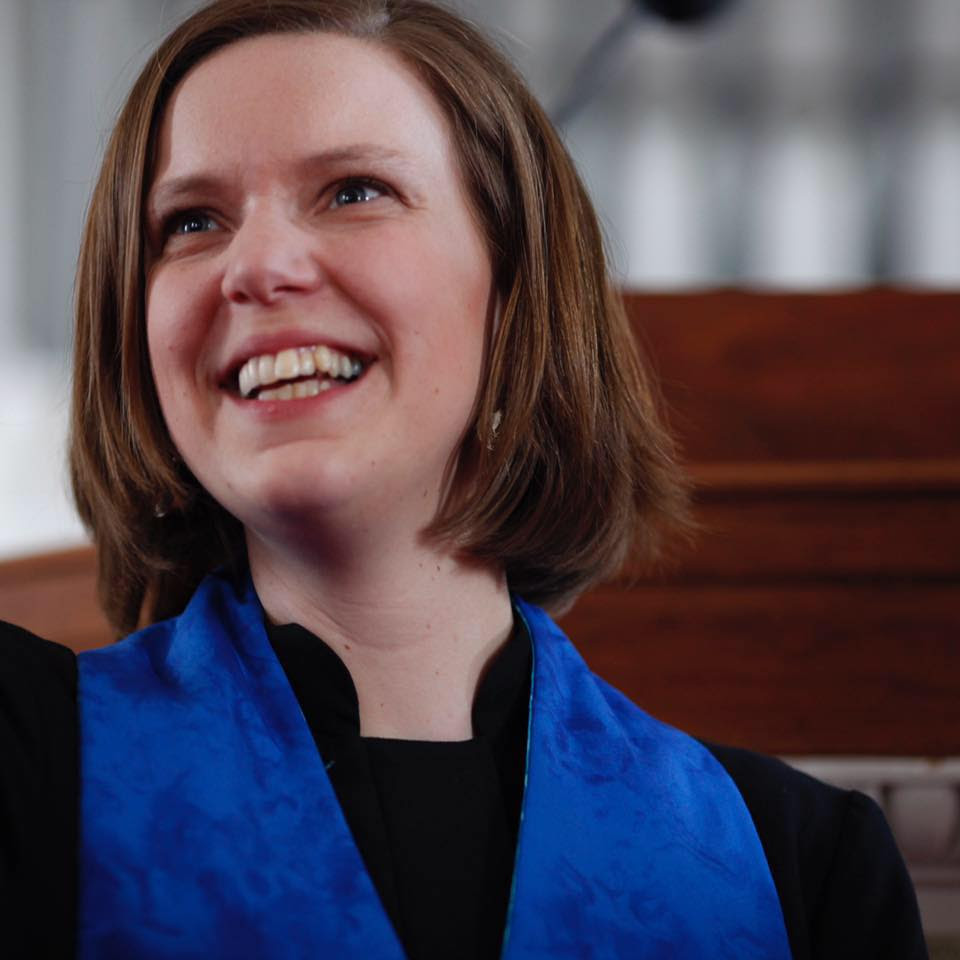Roots hold me close, wings set me free
 May with The Sanctuary was a full and rich month. A time of deep reflection as we began to emerge from the initial shock of the Boston Marathon Tragedy. A time of letting go as we transitioned to next chapters, individually and as a community, with so many pages yet un-written. A time of rooting as we sought ballast in those unknown waters.
May with The Sanctuary was a full and rich month. A time of deep reflection as we began to emerge from the initial shock of the Boston Marathon Tragedy. A time of letting go as we transitioned to next chapters, individually and as a community, with so many pages yet un-written. A time of rooting as we sought ballast in those unknown waters.
We worshipped on the 1st of May at First Parish Cambridge, two weeks after our city and our hearts had been rocked by bombings and lockdown. Jessica Gingold shared this moving reflection (below) of her experience of returning home from a friend’s place after the “victorious” conclusion of lock down day that left her and us wondering what “victory” might really look like. (Her reflection was based on blog entries from that week you can find here: http://jessicagingold.blogspot.com/)
“(As I drove home that night) …I realized my car was passing Beth Israel Hospital, where Dzokhar had been taken and I felt a chill at just how close this has all been to me and so many I love. Then suddenly both sides of Brookline Ave filled with people. They started pouring out into the street cheering and chanting ‘USA, USA, USA.’ Soon, my car was completely swarmed. Champagne bottles were being shaken and released. Smart phones were snapping photos. People in boas, top hats and goofy sunglasses, climbed on each other’s shoulders.
Stuck in my now stopped car, I felt invisible and unsure what to do. Maybe they were hollering because the suspect was approaching the hospital? Or maybe, I actually wondered for a moment, there was a big international sporting event I hadn’t heard about.
…As I drove off, my heart beat hard and fast. Then the tears bubbled over in disappointment. I understood the reaction. Those of us who’d survived the week were happy to be alive, relieved to be free from lockdown, to feel our safety wasn’t quite so compromised, to feel a sense of conclusion to the insanity that had shook our city. But, I also felt clearly that America hadn’t “won” that day. Amidst the celebrations, I still ached. I ached for the families who lost loved ones, and for those left with physical reminders of this week that may never go away. I ached, too, for Dzokhar, and whatever it is that led him to this moment, and for his family and friends who cannot possibly make sense of this. I ached for the whole situation. I ached for the bigger trends of violence and disaster that are riddling our world. What lies underneath this violence, all violence, needs deep healing, attention, and care…
As a lifelong UU, I don’t always know what to do in times like these. Some of us pray— but it isn’t exactly taught in religious education. We hold on deeply to love… and justice and… each other. Amidst all that has been these past weeks, I’ve felt those values tested. But, I’ve also felt them breaking through in more powerful ways. I have to believe that underneath all of this there remains a force of good stronger than evil; a force of empathy stronger than othering; a force of community stronger than alienation; a force of love stronger than terror, stronger than our fears, stronger, than any divisions….”
Sanctuary Coordinator, Dave Ruffin, was moved by Jessica’s experience, and recalled another vision of response to tragedy which he’d experienced in London, while studying abroad, after September 11th.
“A few days after the towers had fallen, we gathered at St. Paul’s cathedral for a memorial service. Service bulletins were circulated amidst the throngs of mourners outside the cathedral, and I saw that our national anthem was listen early in the service. Filled with pride in my country, and quite certain that the ‘limeys’ I was surrounded by would not know it, I vowed internally that I would sing out, even if I was the only voice. When the time came, filled with emotion I open my mouth to sing, but the sound caught in my throat as I was engulfed in the voices around me. I had never felt so held by a mass of strangers. This hymn of patriotic triumph over the British (penned in the midst of battle in 1812) was now, for me and those gathered that morning, a hymn of humanity. A song that said today we are all Americans. Today we are one.”
Dave asked us to join him in exploring the role of surrender in love’s triumph. He shared Hafiz’s poem “Tripping Over Joy” and reflected on how, too often, we only let go when we are tripped up over sorrow, as we were in April. When we do loosen our grip on the reigns of control, suddenly we realize a different and deeper creative power, in the love that flows more freely between us. We sang together “Let Go, Let God,” let love lead the way.
We closed our time together with some epic comic relief by Music Coordinator, Mark Buckles. As he introduced, “How Sweet It Is to Be Loved By You,” he reflected on who is the “You,” and suggested we could direct our gratitude in many directions…. to each other, to ourselves, to God or… to the “Divine other” we don’t want to call God…
Bottom line, we “just want to stop and thank you Baby,” who/what/how –ever you are. : )
.::. .::. .::.
Two weeks later, we came together again at First Church in Boston, for our last official worship before the “summer season.” Elizabeth Nguyen reflected on her family roots in Vietnam, where she had traveled last year to explore her origins for the first time, and on our Unitarian Universalist grounding in the roots of the Judeo-Christian tradition. We sang “Bright Morning Star Arising” and then learned of the origins of the lyric in the Book of Revelations, and in the words there attributed to Jesus, saying:
“I am the root and the descendant of David, the bright morning star. The Spirit and the bride say, ‘Come.’ And let everyone who hears say, ‘Come.’ And let everyone who is thirsty come. Let anyone who wishes take the water of life as a gift.”
Elizabeth noted that one, “thing about roots is, turns out, we don’t get to choose them.“ She also that we are who we are because of them. Here are some of her words again:
“In 1998, the largest statue of an African American was dedicated in a small park in Knoxville Tennessee. Cast in bronze by artist Tina Allen, the statue depicts Alex Haley, the author and historian, writer of Roots. He’s sitting, a book in his hands….
Haley’s words: ‘In all of us there is a hunger, marrow-deep, to know our heritage- to know who we are and where we have come from. Without this enriching knowledge, there is a hollow yearning. No matter what our attainments in life, there is still a vacuum, an emptiness, and the most disquieting loneliness.’
For much of my life, the disquieting loneliness, the marrow-deep hunger, was about race, about ethnicity. About this place called Vietnam, where my father was born and raised before immigrating as refugee to this country.
I have been a seeker of roots and also thoroughly convinced I had no need of them. I longed for a homeland, a place where my own rootedness would be clear. And I loved the idea that we carry our roots with us, ever making them new. That to use, the words of the poet and journalist Toure, our promised land is portable.
The Unitarian Universalists faith that this Sanctuary community is grounded in holds a similar yearning for roots and simultaneous distrust of their usefulness.
Without our rootedness, there is no wingedness.
Without the book of Revelation, there is no Bright Morning Star.
Without Unitarian Universalism, there is no Sanctuary Boston.
Without that house where my father was born, there is no him, no me.
May we connect with our roots in our own way and time. May we be our grandparents prayers and dreaming. May we earn new spellings of our name, go root seeking for the places of ancestry and also know that our promised land is portable.
Blessed Be.


